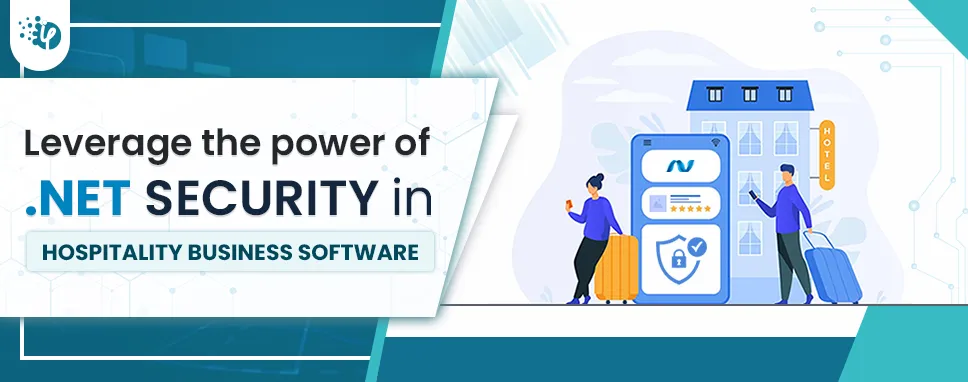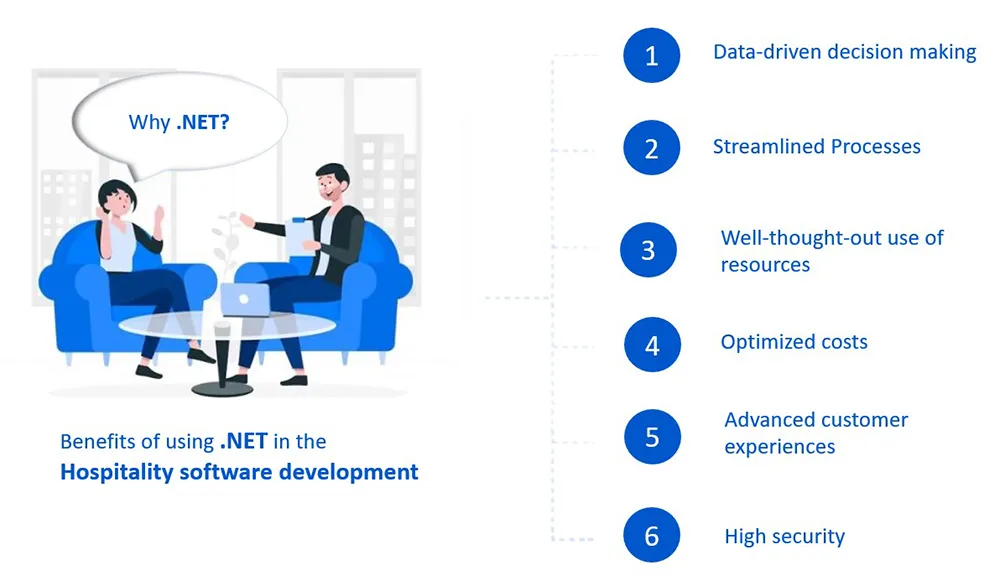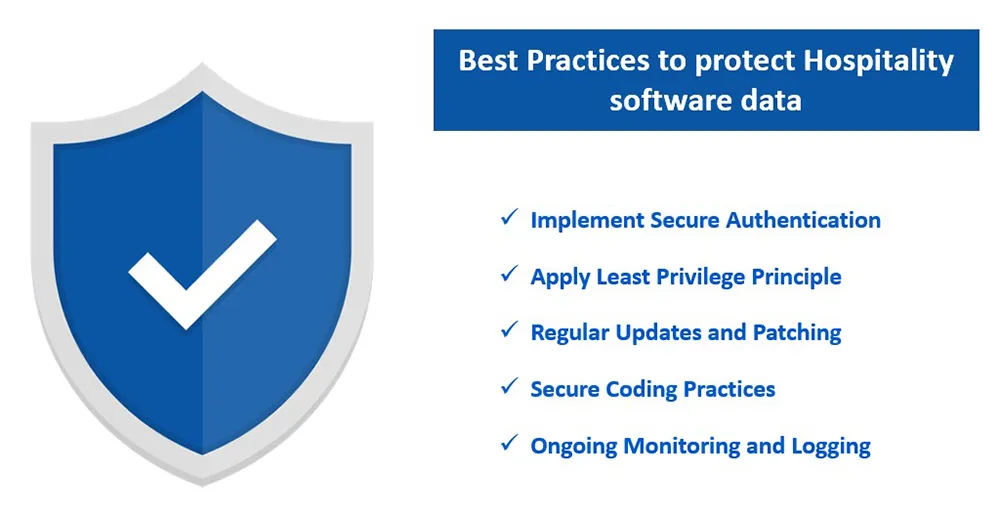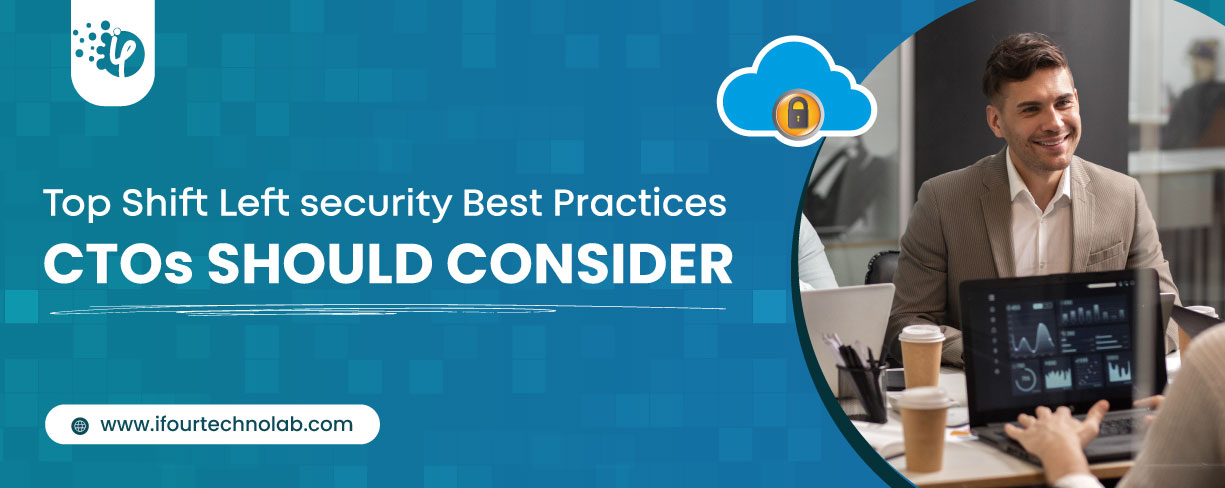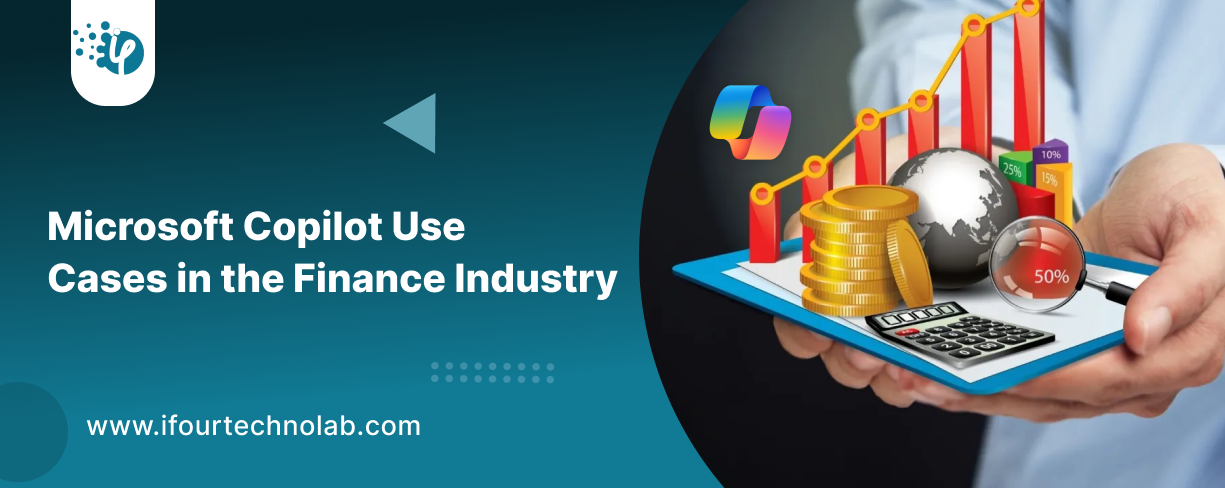Importance of secure data storage in hospitality software
Secure data storage plays a crucial role in the hospitality industry when it comes to protecting sensitive information and ensuring the privacy of guests.The significance of secure data storage in hospitality software can be understood through the following perspectives:
#1 Guest Privacy and Trust
Hospitality software often stores personal and confidential information about guests, including names, contact details, payment information, and sometimeseven passport or identification data. Secure data storage is essential to maintain the privacy and trust of guests, as it ensures that their sensitive information remainsconfidential and protected from unauthorized access or misuse.
#2 Compliance with Data Protection Regulations
In many jurisdictions, there are specific data protection regulations and industry standards, such as the General Data Protection Regulation (GDPR) in theEuropean Union. Secure data storage practices are necessary to comply with these regulations and maintain the legal obligations related to the storage and processing ofguest data. Compliance helps in avoiding legal repercussions, financial penalties, and damage to the reputation of the hospitality establishment.
#3 Mitigation of Data Breach Risks
Hospitality software can be an attractive target for cybercriminals due to the valuable guest data it holds. A data breach can lead to severe consequences,including financial loss, reputational damage, and legal liabilities. Secure data storage helps mitigate the risks associated with data breaches by implementing robustencryption, access controls, and intrusion detection mechanisms. It ensures that even if unauthorized access occurs, the stolen data remains unreadable and unusable.
#4 Protection against Insider Threats
Secure data storage also addresses the potential risks posed by insiders, including employees, contractors, or third-party service providers who have accessto hospitality software and its data. By implementing strict access controls, monitoring mechanisms, and separation of duties, secure data storage helps reduce thelikelihood of insider misuse or unauthorized disclosure of sensitive information.
#5 Business Continuity and Disaster Recovery
Secure data storage encompasses practices such as regular data backups, redundancy, and disaster recovery planning. These measures ensure that even in the event ofsystem failures, natural disasters, or other unforeseen events, hospitality establishments can recover their data and resume operations efficiently. It minimizes the impacton guests, business operations, and revenue generation.
Overall, the significance of secure data storage in hospitality software is paramount. It not only protects guests' privacy and builds trust but also helps businessesmeet legal obligations, mitigate risks, and ensure the continuity of operations. By prioritizing secure data storage, hospitality establishments can create a resilient andsecure environment for their guests and maintain a competitive edge in the industry.










